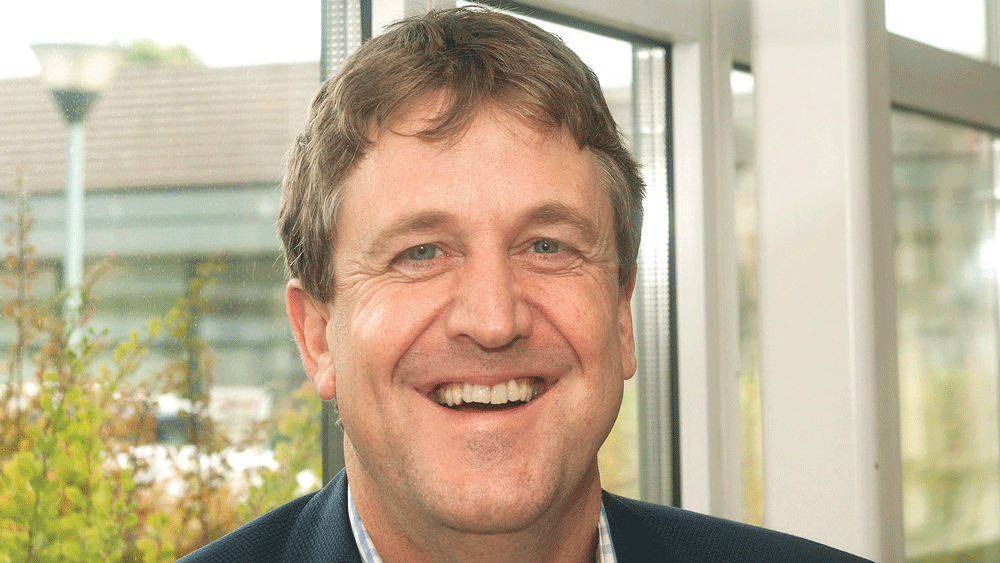
Hospital has not grown to reflect population explosion
TALLAGHT University Hospital needs to be supported in reaching its bed plan as a “matter of urgency”, according to a professor at the local health facility.
The national debate on access to healthcare continues this week, as patients endure long wait times in emergency departments and on lists for both inpatient and outpatient procedures.
Last week, HSE CEO Paul Reid said that during the pandemic, outpatient waiting lists grew by 98,000 (18 per cent), while inpatient/day cases increased by 9,000 (14 per cent).
Looking locally, the in-patient waiting list at Tallaght University Hospital (TUH) has over the course of 2021 stayed at around 1,000 patients – down nine per cent on the previous year’s figures.
Throughout Covid, according to TUH, it maintained access to urgent and time sensitive surgeries both on site and through the HSE’s safety net arrangement with private hospitals, which provided additional, non-Covid healthcare capacity.
However, due to the demand of Covid and the closure of a number of operating theatres to accommodate a Covid ICU, there was a rise in the number of patients waiting longer than 15 months for in-patient procedures at TUH.
In a comment to The Echo, TUH said: “The clearance of patients waiting longer than 12 months will be the focus of 2022, providing the Covid situation continues to stabilise.”
Figures provided to The Echo show that the outpatient waiting list was up by 1.4 per cent when compared with the previous year.
According to the hospital, the speciality with the biggest challenge is orthopaedic hand surgery, with TUH “actively engaged’ with the HSE to progress the securing of extra resources for this service.
The Reeves Day Surgery Centre was in operation for its first full year in 2021.
Located in Tallaght Cross, the facility contains four operating theatres and 25 post operation recovery beds.
While the facility opened in December 2020, it was April 2021 when three of the four theatres were fully opened.
“Since then, the facility has gone from strength to strength with a 67 per cent reduction in the number of patients waiting over one year for surgery,” the hospital said.
“Several specialties e.g. Pain Medicine, Vascular Surgery and Gynaecology have no patients waiting over nine months.
“The unit is playing a pivotal role in ensuring that the hospital will be waiting list compliant in 2022.
“It is also anticipated that the fourth theatre will open at some point in the first half of 2022.”
Professor Ronan Collins, Consultant Physician in Geriatric and Stroke Medicine at TUH, said: “Locally, the hospital has tried to increase capacity with the new day surgery centre across the road, but it’s still very tight.
“I’ve worked in Tallaght since it opened, and the hospital has gotten busier and busier.
“The wards are chock-a-block.
“TUH is well at 100 per cent capacity all the time, you can’t function properly when there’s no leeway, you can’t cope with a surge.”
Historical waiting lists, a lack of manpower and capacity within hospitals, growing populations and the pandemic are among contributory factors to increasing pressure, according to Prof Collins.
“The population is getting older and growing,” he said.
“The population has exploded around here, and the hospital has not grown to reflect that.
“We’re seeing an increase in people over 75 years of 800/900 per cent in some of our suburbs.”
Prof Collins stressed that TUH plans to build a new 72-bed facility on site needs to be supported.
“We need to build up both arms of the system, the community-based care and acute [ED/surgery],” he said.
“We do need activism locally. We need the community to advocate for improved investment in the hospital.
“The key message is we need support here; we need local support for the hospital to reach its bed plan as a matter of urgency.”
Professor Collins also believes that investment needs to be directed into building capacity within hospitals rather than spending money in the private sector.

